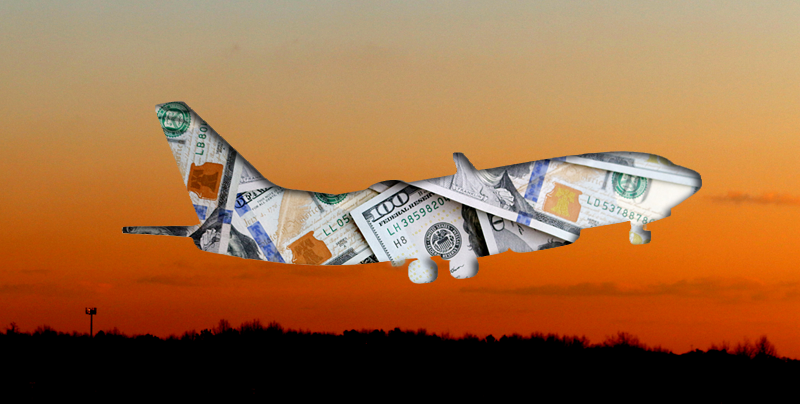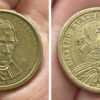Members of the House of Representatives of the United States rejected the proposed doubling of the Passenger Facility Charge, which is a tax charged by airports that currently costs passengers up to $4.50 per flight segment to help finance infrastructure projects — including the expansion of terminals; the improvement of security checkpoints; the reduction of airport noise; and the renovation and upgrading of washrooms and toilets — which are funded by the federal government of the United States…
Airport Tax to NOT Almost Double After All
…and if the Transportation, Housing and Urban Development Appropriations Subcommittee had its way, that tax would have almost doubled to $8.50 in order to fund infrastructure projects to improve airports across the United States. News of the proposal was announced back in August of 2017.
Instead, leaders of both the House of Representatives and the United States Senate produced an omnibus bill which funds the federal government without taxing travelers with tax hikes.
“This is a continuation of the promise Congress made to the American people three months ago when they passed historic tax cuts,” said Nicholas E. Calio — who is the president and chief executive officer of Airlines for America, which is a trade group for the commercial aviation industry in the United States — in this article. “Congress rightly rejected the proposed doubling of the Passenger Facility Charge (PFC), which is neither justified nor needed, at a time when U.S. airports are in a strong financial position, sitting on billions of dollars in record revenue collected from airline passengers. A4A noted that this bill also generously gives airports an additional $1 billion in addition to the authorized $3.3 billion in Airport Improvement Program funding.”
In addition, the bill rejects a proposal to regulate airline distribution practices which “would force airlines to market, display and sell their products through third-party online travel agents (OTAs). These entities receive a commission on all sales and are not held to the high standards of transparency and customer service that consumers experience on airline websites.”
Summary
Between what seems to be never-ending increases of taxes and fees, travelers may at times feel like some kind of bottomless well to fund all sorts of initiatives — whether they are related to travel or not.
I will take any victory I can get in not having my travel expenses further increased — especially when a purported $7 billion in unobligated tax revenue sits idle in the aviation trust fund which could be used to fund improvements at airports instead of raising taxes on beleaguered passengers.
Photographs and composite image ©2016 by Brian Cohen.

